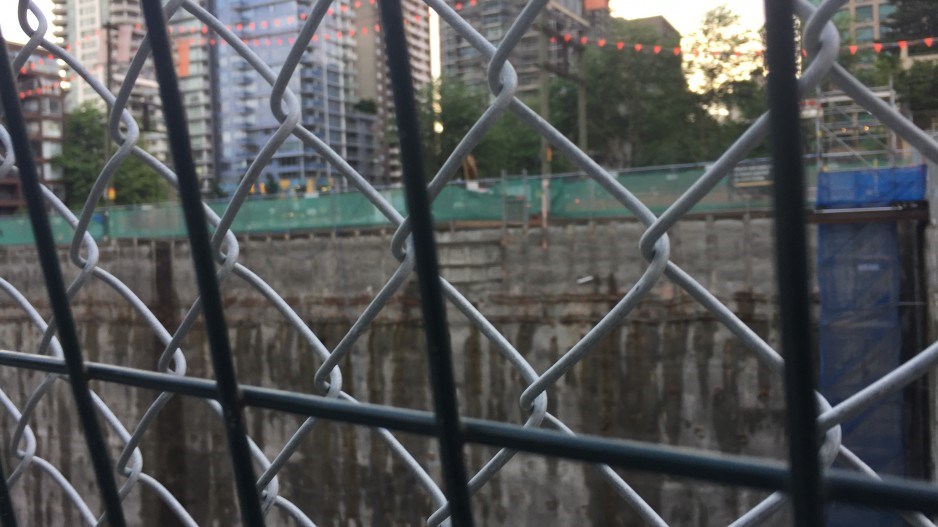Metro Vancouver municipalities’ failure to convert single-family zoned neighbourhoods into areas where developers can build multi-family homes is being criticized by the development industry’s association, the Urban Development Institute Pacific Region (UDI).
UDI CEO Anne McMullin pointed to her organization’s State of the Market 2017 Research Report, which revealed that the supply of completed new condominiums and town homes has fallen substantially during the past five years.
In the city of Vancouver, there are zero new townhomes or concrete apartments completed and move-in ready in Vancouver, according to the report, which Urban Analytics conducted on behalf of UDI.
Only 31 individual condominiums or townhomes were ready for occupancy in the entire Metro Vancouver region at the end of June 2017, the report found.
“New supply is sold right out,” McMullin told Business in Vancouver on September 12.
“We talk about all these amazing housing starts, and there are a lot of housing starts, but this stuff was sold one and two years ago. It sold out.
We don’t have, in the city of Vancouver, anything that is move-in ready.”
The report found that in the second quarter of 2013, when the region was recovering from a short slow-down in real estate, there were 9,800 newly constructed multi-family units across Metro Vancouver.
That number has dropped to 1,900 units today.
Demand for these properties is spiking not only from the steady inflow of new residents to the region but also increased demand from those in the millennial and baby boomer generations, McMullin said.
What’s the solution?
McMullin said the region needs what she calls a coordinated land use and transportation plan – a region-wide initiative that gets buy-in from local governments as well as transit operator Translink.
Metro Vancouver already has a regional growth strategy but McMullin said that not all municipalities are living up to that plan’s high-level guidance.
A new plan that provides for a loosening of single-family restrictions across the region would be good for consumers and developers, she added.
“Right now, [municipalities are] trickling out the available land, so the land becomes expensive for the developer and we’re not creating any competition for the buyer,” she said. “It’s being done one building at a time.”
Tsur Sommerville, who is director of the UBC Centre for Urban Economics and Real Estate, agreed with McMullin that rezoning wide swathes of single-family-zoned land across Metro Vancouver is a good idea but he does not believe that it will happen in the short term.
“I think it’s a real challenge,” Sommerville told BIV. “You have a group that is directly affected and has a very strong interest in the status quo – the current residents – versus a larger group of people who benefit but benefit a little.”
Most people, he stressed, move into neighbourhoods because they like the feel of the area and few of those people want the areas to change.
If there were to be a broad based change to single-family zoning across the region, Sommerville thinks it will most likely occur because the initiative has the support and pressure from higher levels of government.
That would disperse the political wrath against the municipalities which have to enact the change, he said.
“From a housing supply, housing affordability perspective, [rezoning single-family neighbourhoods to allow for more density] is what has to happen,” said Sommerville.




